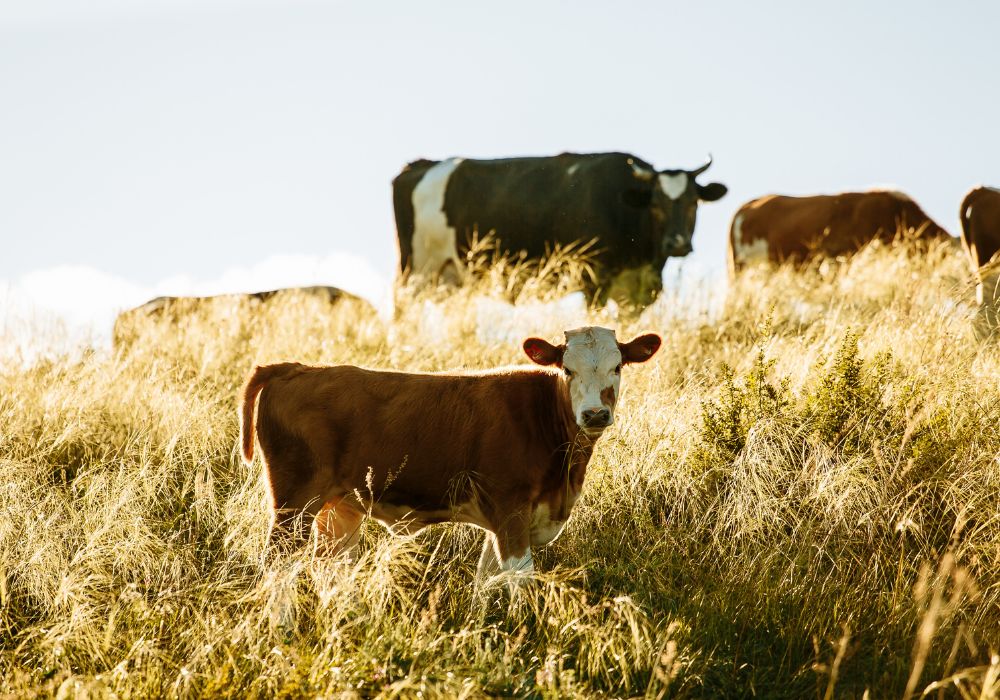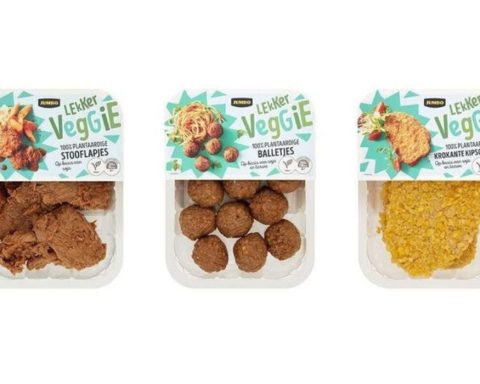What happened to plant-based meats? Remember when they were supposed to save the planet? Pea-based Beyond Meat and soy-based Impossible Foods were meant to offer all the meaty mouth magic of their animal-based counterparts, while doing much less harm to the planet, the animals and our arteries. And they did, for a bit. But then something changed.
No longer are media, investors or flexitarians rallying behind the novel products quite so fervently. Did the products change? Did consumers suddenly quit caring about the eco and ethical impact of their food? Or, has there been a calculated effort at play to turn interest away from the new and improved meat? And what can be done to rally that interest once again?
In 2019, Beyond Meat famously went public with an IPO that closed at US$65.75 per share, a 163% increase on its first day. That same year, Impossible Foods partnered with Burger King, introducing the Impossible Whopper and marking a major milestone in bringing plant-based meat to the mainstream. By 2020 though, marketing campaigns were already ramping up to pit those ingredient-heavy, plant-based meats against “all natural” animal meat.
Full page ads in The New York Times and Wall Street Journal claimed that “fake meats” are full of “real chemicals.” A Super Bowl commercial featured a young girl in a spelling bee asked to spell scary-sounding “methylcellulose.” She was told it is a “chemical laxative” also used in “synthetic meat.” It’s actually a common binding agent used in many foods.
Both the newspaper and TV ads were paid for by the Center for Consumer Freedom (CCF), a group headed by former tobacco lobbyist Richard Berman. Forbes once described the CCF as “a front group that represents tobacco, alcohol and meat companies.” A spokesperson for Impossible Foods similarly called the group a “dark-money front group funded by Big Beef to mislead consumers and push propaganda.”
There has since been much media commentary on the hows and whys of plant-based meats becoming, as Bloomberg described, “just a fad,” as sales at Beyond Meat fell by almost a third in the last quarter. Founder of the “Reducetarian Movement,” Brian Kateman, for example, responded optimistically in Fast Company, describing a newborn industry simply enduring the natural ebbs and flows of innovation. While Vox Kenny Torrella of Vox chalked it up in part to unrealistic expectations and products that remain too high on cost and too low on taste. But Torrella, too, still sees potential. Although, to meet that potential, the sector will need far more financial support.
And relying on private investment alone will not get the plant-based sector to price and taste parity. Meat, dairy and egg industries across Canada and the U.S. receive billions in government propping each year, not only for production but also marketing and lobbying, which is spent in –part on turning consumers off plant-based products. This has been deemed by some commentators as an all-out culture war. Plant-based proteins must become a far greater government priority if these undoubtedly beneficial products are going to stand a chance in the battle against Big Meat.
The fundamentals have not changed: We are still coping with climate chaos caused in part by animal agriculture, contributing at least 14.5% of all GHG emissions. And plant-based meats have not changed: They still require significantly less water, land and energy to be produced, and they emit notably fewer greenhouse gas emissions. Sure, Beyond and Impossible burgers may be considered processed foods, but they still contain all the protein of their animal-based competitors, without all the cholesterol and saturated animal fat and with the added benefit of fibre.
Plant-based meats may not save the planet, but they are a much-needed part of the solution. Governments need to pay closer attention to this and provide the support that this industry needs and deserves.







